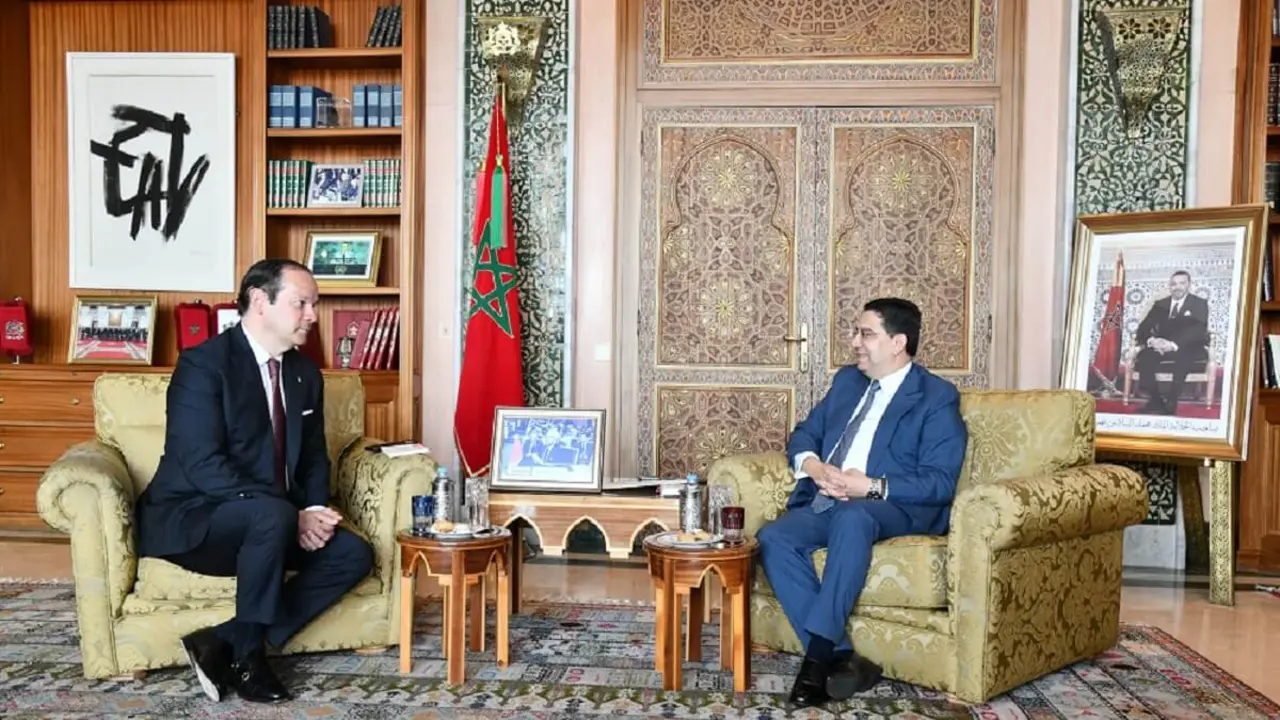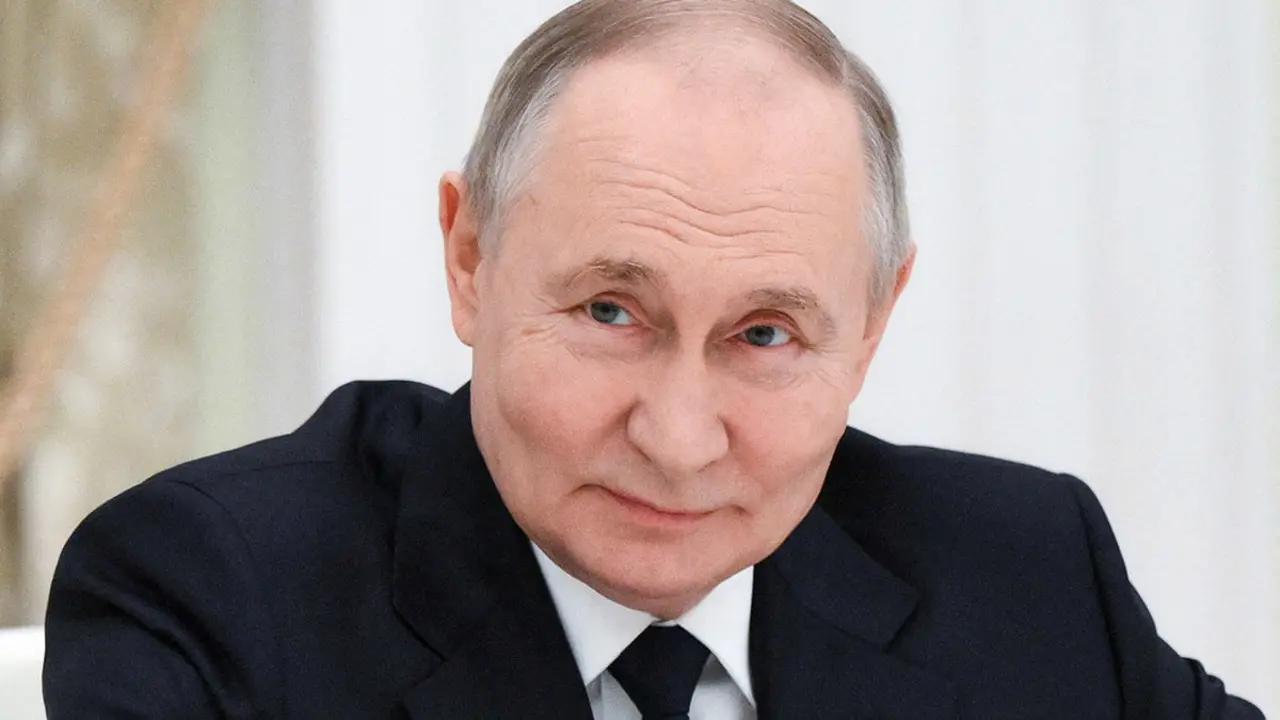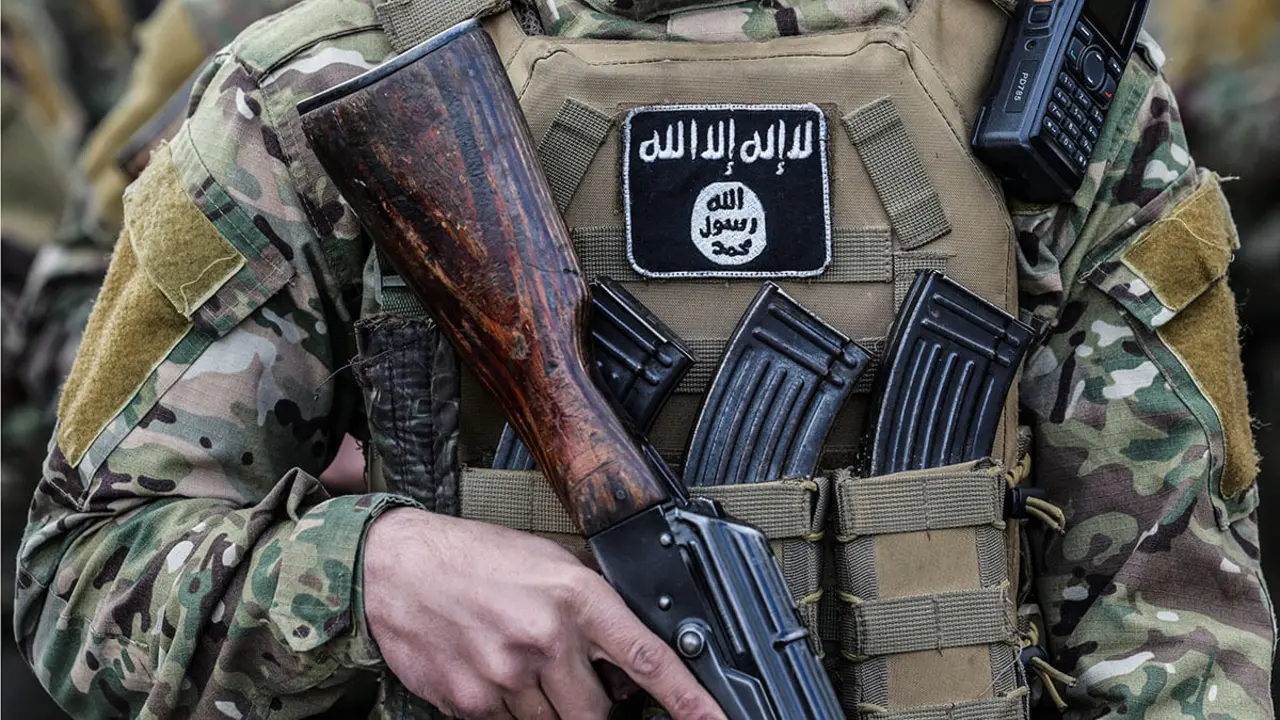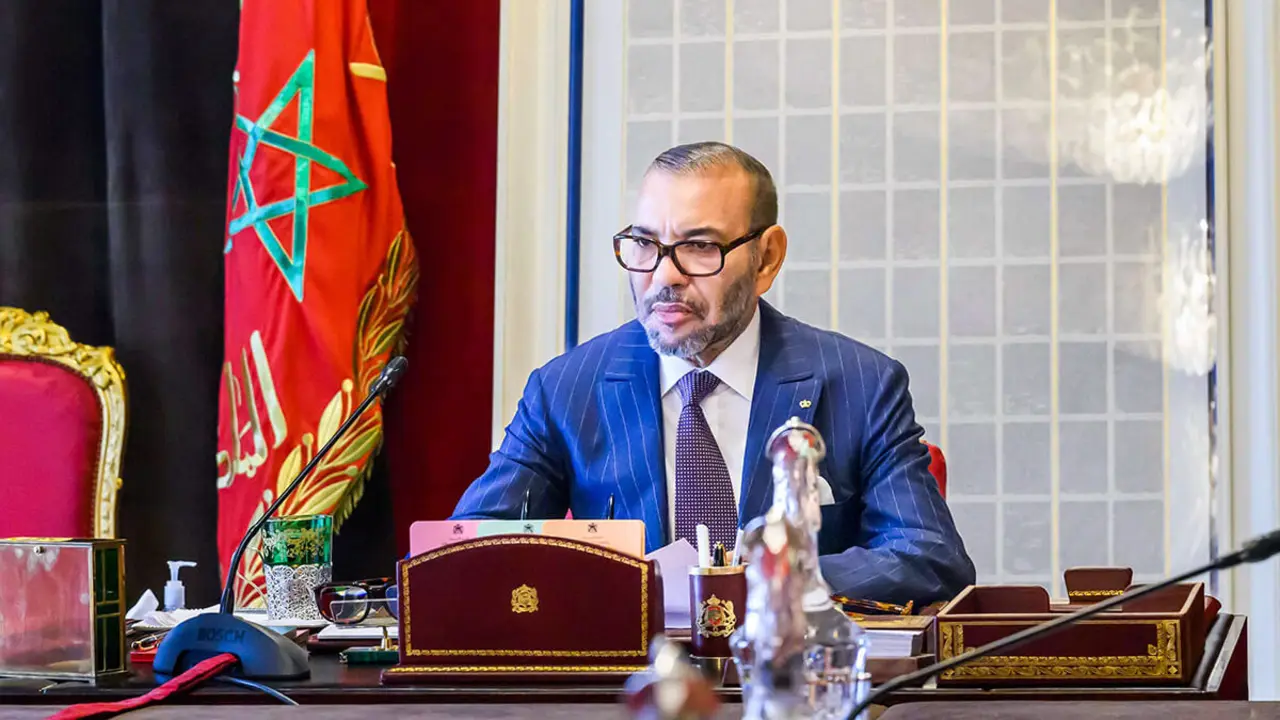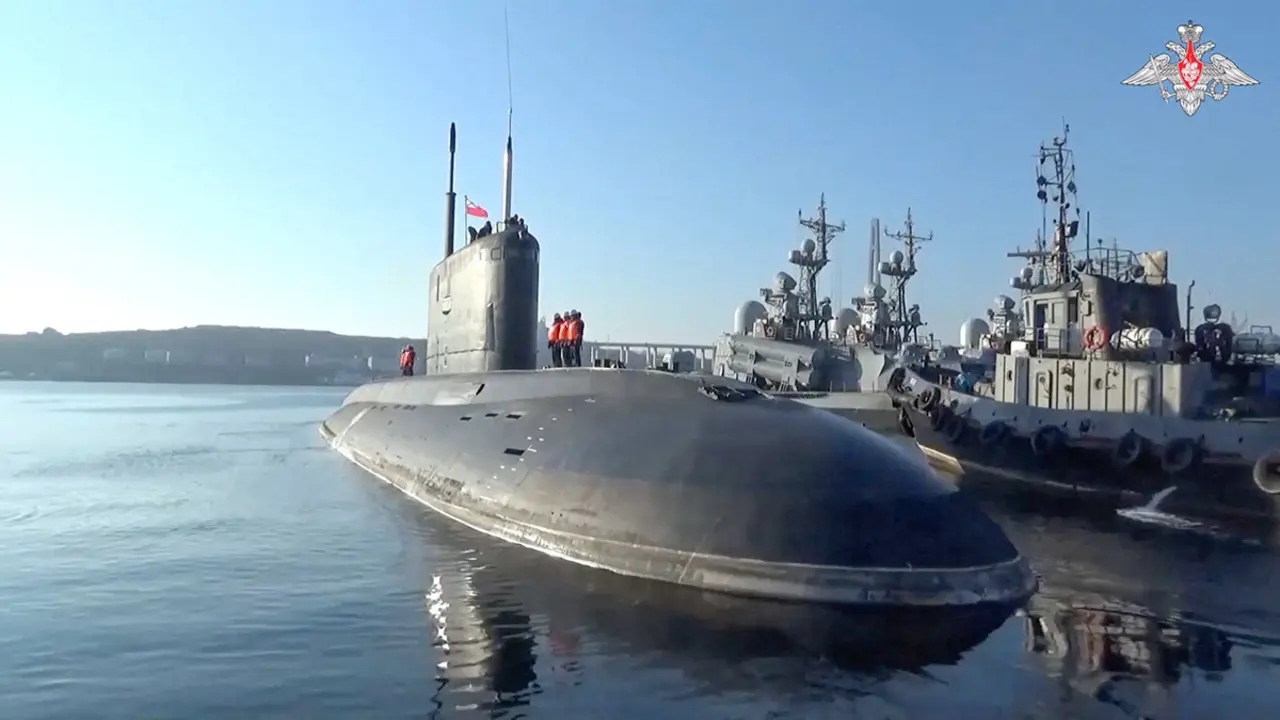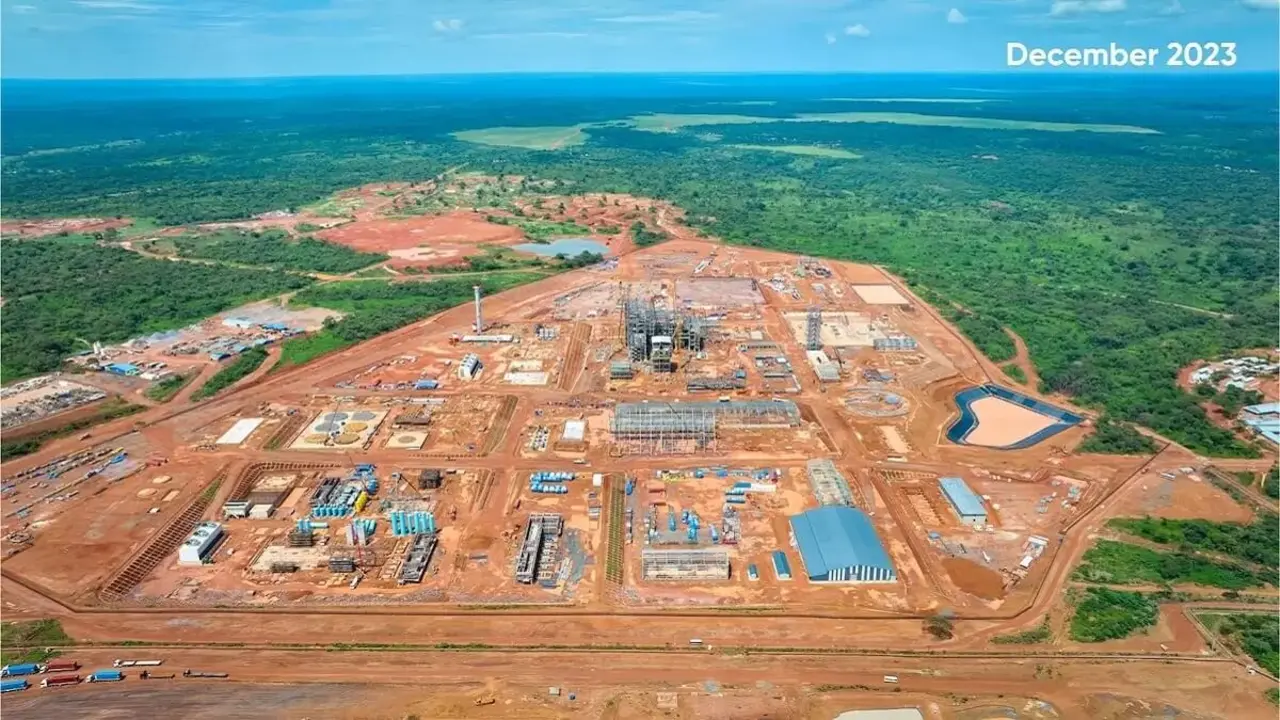Daesh takes responsibility for the attack in which a Tunisian policeman was killed
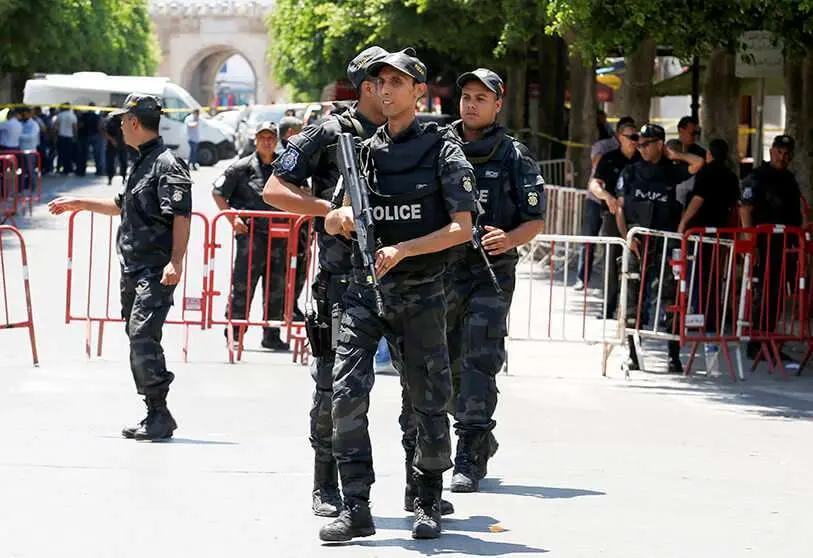
On Monday the Daesh Jihadist organisation took responsibility for the attack that killed a Tunisian policeman in the coastal city of Sousse on Sunday, seriously wounding another and killing the three presumed terrorists with gunshots.
In a brief statement disseminated by its propaganda arm Amaq through social networks, the organisation stated that its fighters were the authors of the alleged attack, which is still under investigation by the Tunisian National Guard and Ministry of the Interior.
In statements to the official local news agency TAP, the spokesman for the anti-terrorist department, Sofiène Sliti, announced on Monday that police arrested seven people in the early hours of this morning for their alleged links to the attack, including the wife of one of the three men killed, two brothers of another and three recruiters.
The security forces also seized stabbing weapons, mobile phones and the vehicle used to ram the officers, he added.
The events occurred on Sunday when a vehicle ran over a patrol of officers at a roundabout in Port Kantauoi, the tourist area around Sousse where in 2015 a gunman killed 38 tourists in an attack also attributed to Daesh.
According to the official version, after the hit, the three suspects got out of the vehicle and stabbed the police officers before fleeing.
The three were, however, hit by other officers, who shot them down, according to the story that has been leaked to the media.
One of the officers, identified as Sami Mrabet, died from the bullet wounds received in the shooting, while a second policeman, Rami Limam, is in an induced coma in the region's hospital after being stabbed several times in different parts of his body.
Armed attacks against the Tunisian National Guard have multiplied over the past two years, particularly in the Kasserine area on the border with Algeria, a mountainous region where armed groups from Tunisia and other areas of the Sahel have established themselves following the Arab springs.
Terrorist actions have also increased in the country's capital over the past year, most recently on 6 March, when two presumed suicides on a motorbike detonated a device outside the US embassy.
Two months earlier, a young woman with a device in her bag committed suicide in front of a couple of police officers on Habib Bourguiba Avenue, the main artery of the capital.
In 2015, three Jihadist attacks in the capital and in Sousse took the lives of 72 people, 60 of them foreign tourists, and 12 members of the presidential guard. Since then the country has been in a state of emergency, which is renewed periodically.
The attacks have destroyed tourism, one of the pillars of the Tunisian economy, which contributed 14% of GDP.


